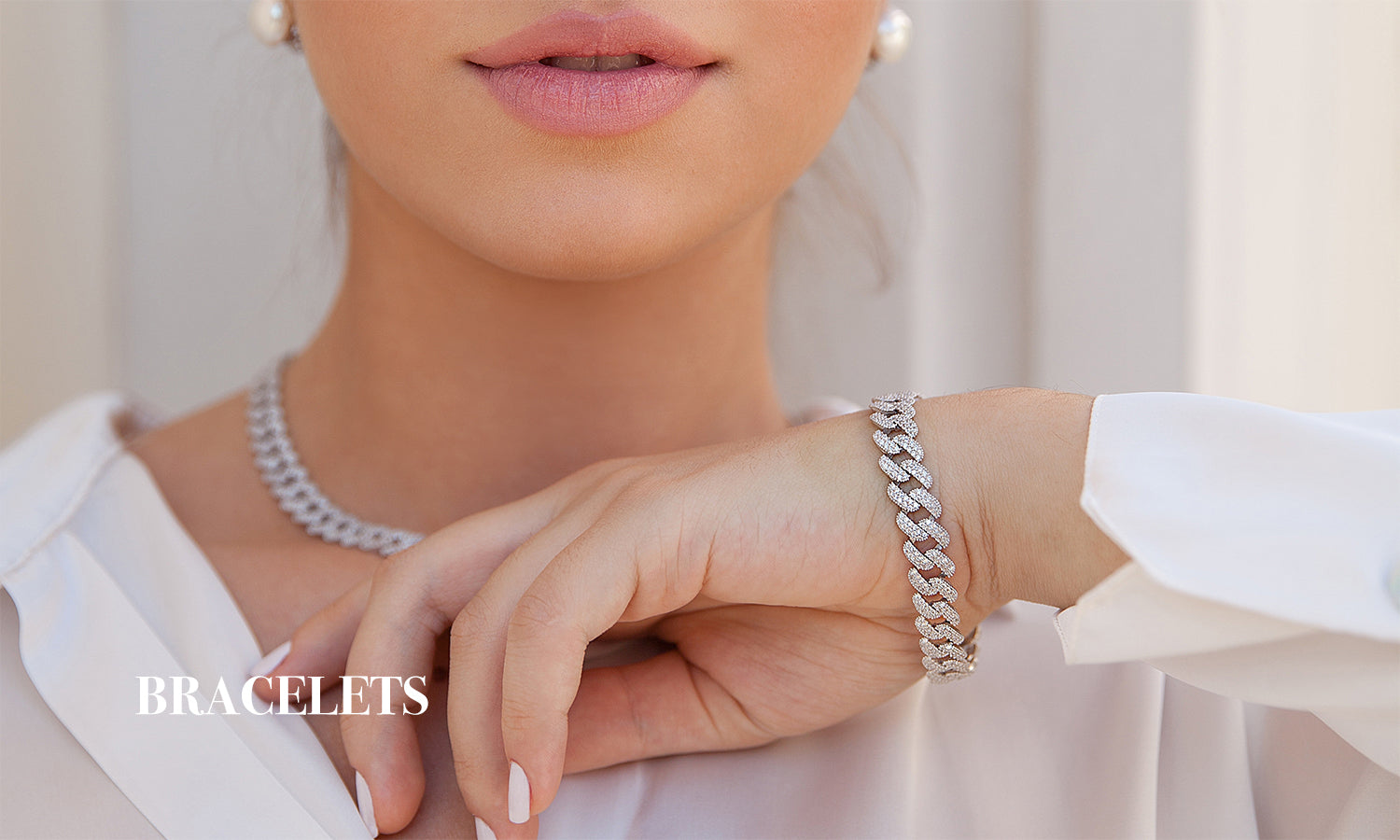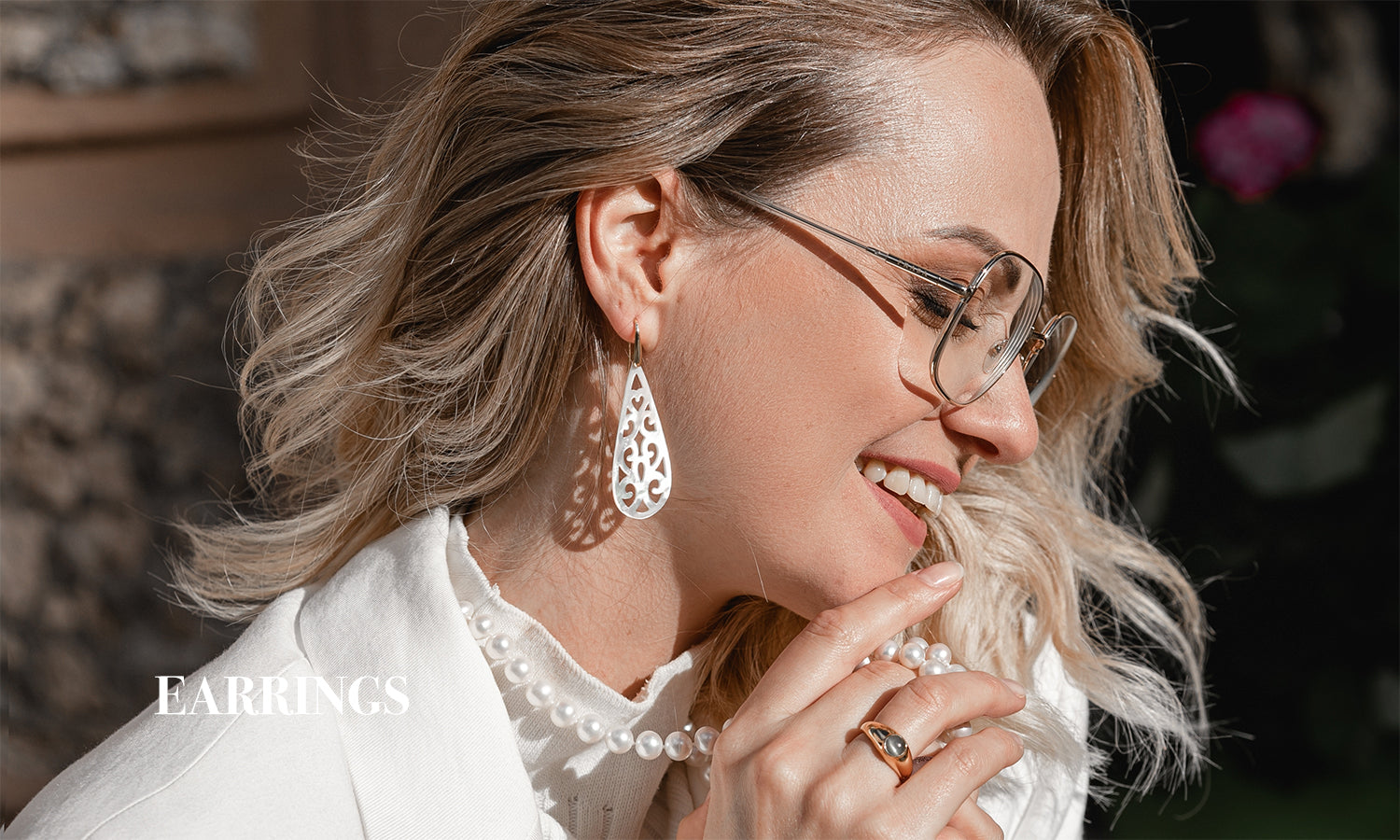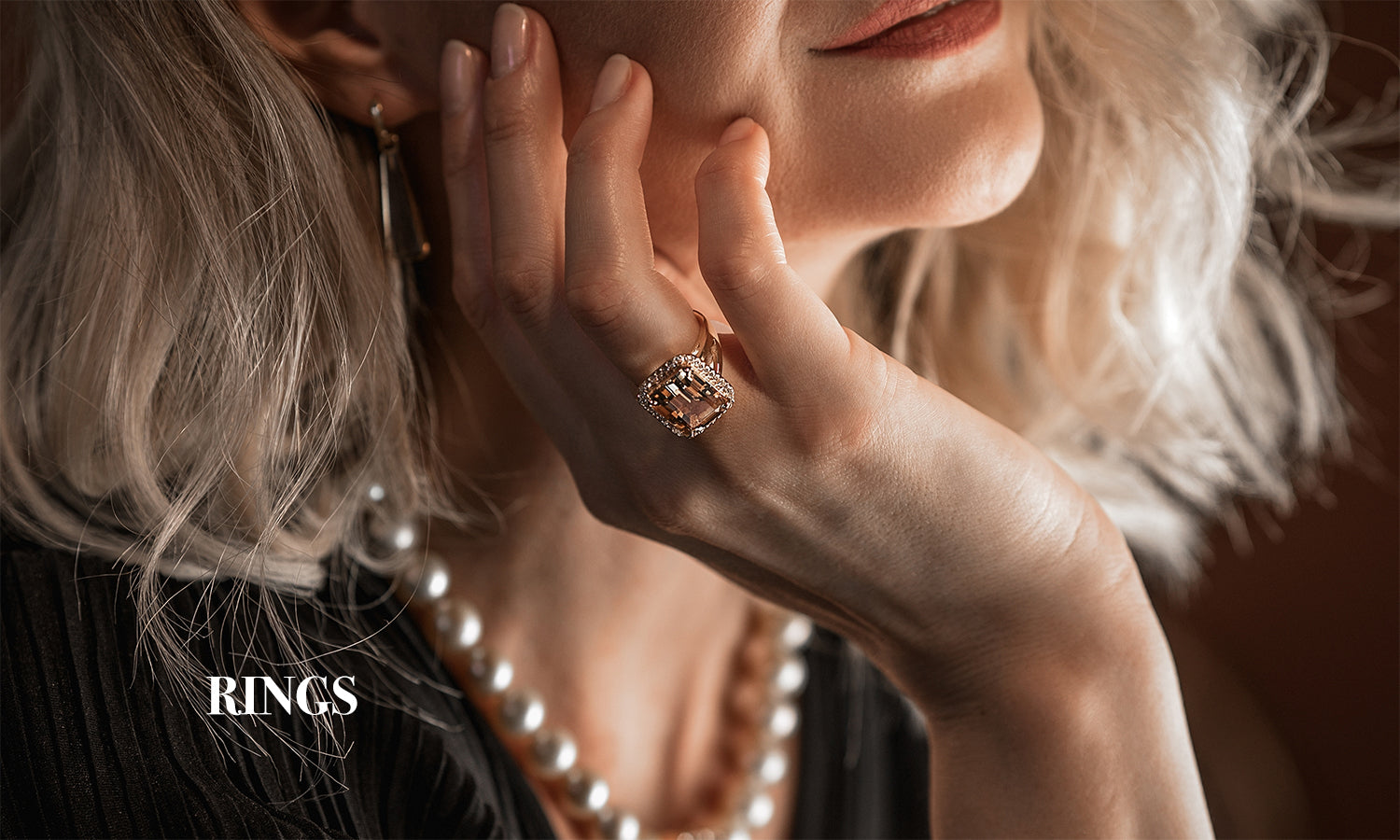In recent years, lab-created diamond jewelry has emerged as a popular choice among consumers looking for ethical, sustainable, and affordable alternatives to natural diamonds. This comprehensive guide explores everything you need to know about lab-created diamonds, from their benefits and trends to essential buying tips.
|
Aspect |
Details |
|
Definition |
Lab-created diamonds are real diamonds grown in a lab, with the same properties as natural diamonds. |
|
Creation Methods |
- HPHT (High Pressure High Temperature): Mimics natural diamond formation. - CVD (Chemical Vapor Deposition): Uses carbon gases to form diamond crystals. |
|
Benefits |
- Ethical and Sustainable: Conflict-free and environmentally friendly. - Cost-Effective: Generally 30-40% cheaper than natural diamonds. - Quality and Purity: Often higher clarity and fewer inclusions. - Customizable Options: More flexibility in size, shape, and color. |
|
Trends |
- Engagement Rings: Popular for modern couples. - Fashion Jewelry: Used in various pieces like earrings and necklaces. - Eco-Friendly Designs: Focus on sustainable practices. - Personalization: Custom designs reflecting individual styles. |
|
Buying Tips |
- Understand the 4 Cs: Cut, Color, Clarity, Carat weight. - Verify Certification: Check for certification from reputable gemological institutes. - Consider the Setting: Choose a setting that complements the diamond. - Compare Prices: Look at different retailers and consider warranty and return policies. - Check for Reputable Jewelers: Buy from established jewelers specializing in lab-created diamonds. |
What Are Lab-Created Diamonds?

Lab-created diamonds, also known as synthetic or cultured diamonds, are real diamonds grown in a laboratory setting. They possess the same physical, chemical, and optical properties as natural diamonds but are created using advanced technology. There are two primary methods for creating lab-grown diamonds: High Pressure High Temperature (HPHT) and Chemical Vapor Deposition (CVD).
- HPHT Diamonds:Mimicking the natural diamond formation process, HPHT diamonds are created by subjecting carbon to high pressure and temperature.
- CVD Diamonds:CVD diamonds are produced by breaking down carbon-containing gases into a plasma state, allowing the carbon to deposit onto a substrate and form diamond crystals.
Benefits of Lab-Created Diamonds

- Ethical and Sustainable:Lab-created diamonds are a conflict-free choice. They eliminate concerns about human rights abuses and environmental degradation associated with traditional diamond mining.
- Cost-Effective:Lab-grown diamonds are generally 30-40% less expensive than their natural counterparts. This price difference allows consumers to get a larger or higher-quality stone for the same budget.
- Quality and Purity:Lab-created diamonds can be made with fewer inclusions and imperfections compared to natural diamonds. They often offer superior clarity and brilliance.
- Customizable Options:With lab-created diamonds, buyers have more flexibility in terms of size, shape, and color. This customization allows for more personalized jewelry designs.
Trends in Lab-Created Diamond Jewelry

- Engagement Rings:Lab-created diamonds are becoming increasingly popular for engagement rings. Their affordability and ethical credentials make them a top choice for modern couples.
- Fashion Jewelry:From earrings to necklaces, lab-created diamonds are being used in various fashion jewelry pieces. Designers are exploring innovative ways to incorporate these stones into their creations.
- Eco-Friendly Designs:Many jewelry brands are focusing on eco-friendly designs, using recycled metals and sustainable practices alongside lab-created diamonds.
- Personalization:Personalized jewelry is on the rise, with lab-created diamonds offering a unique way to create custom pieces that reflect individual tastes and styles.
How to Choose Lab-Created Diamond Jewelry

- Understand the 4 Cs:Just like natural diamonds, lab-created diamonds are evaluated based on Cut, Color, Clarity, and Carat weight. Familiarize yourself with these factors to make an informed decision.
- Verify Certification:Ensure that the lab-created diamonds you are considering come with a certification from a reputable gemological institute. This certification provides assurance of the diamond’s quality and authenticity.
- Consider the Setting:Choose a setting that complements the lab-created diamond and enhances its beauty. Popular settings include solitaire, halo, and three-stone designs.
- Compare Prices: While lab-created diamonds are more affordable, prices can vary between retailers. Compare options and consider factors like warranty and return policies.
- Check for Reputable Jewelers:Purchase from established and reputable jewelers who specialize in lab-created diamonds. They will provide you with accurate information and quality assurance.
Conclusion
Lab-created diamond jewelry offers a compelling alternative to natural diamonds, combining ethical considerations with affordability and high quality. Whether you’re in the market for an engagement ring, a fashion piece, or a custom creation, lab-created diamonds provide a sustainable and stylish option. By understanding the benefits, staying informed about trends, and making careful choices, you can find the perfect piece of lab-created diamond jewelry that meets your needs and preferences.





